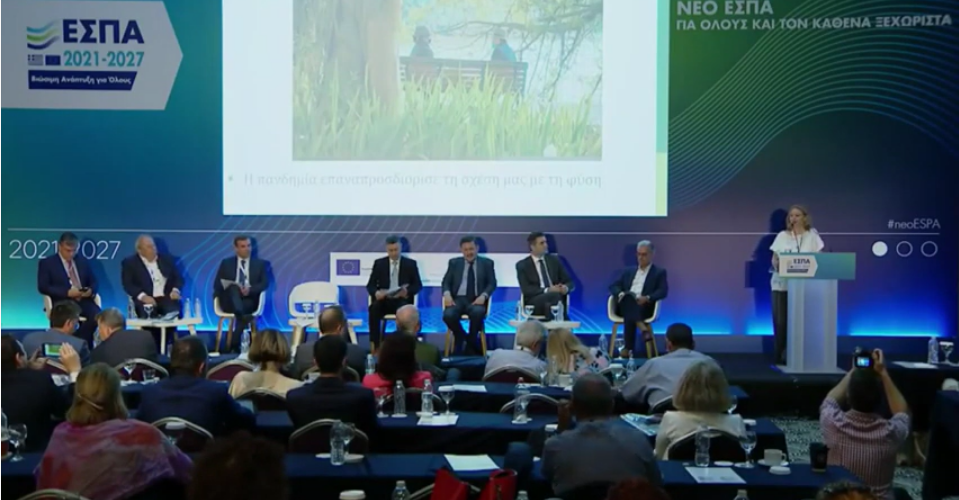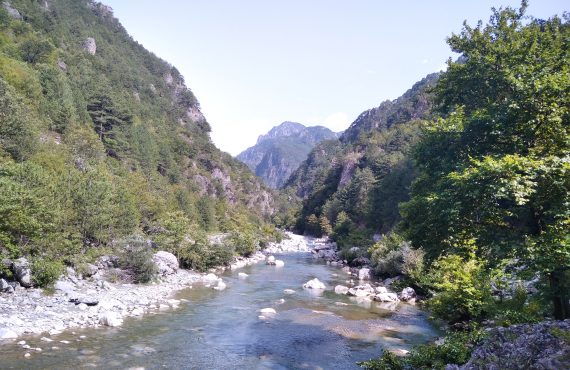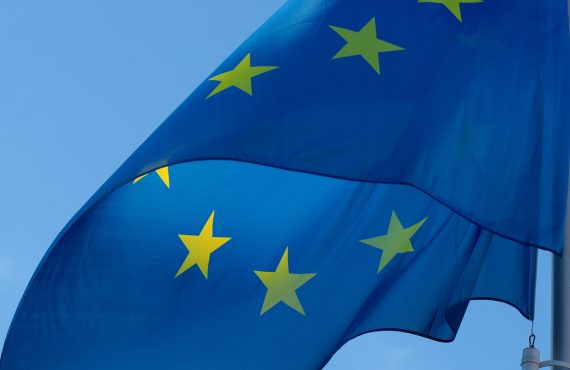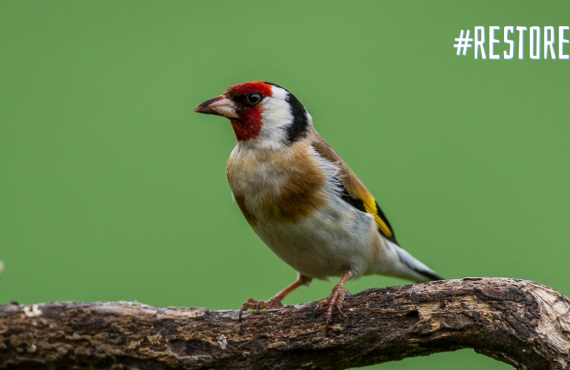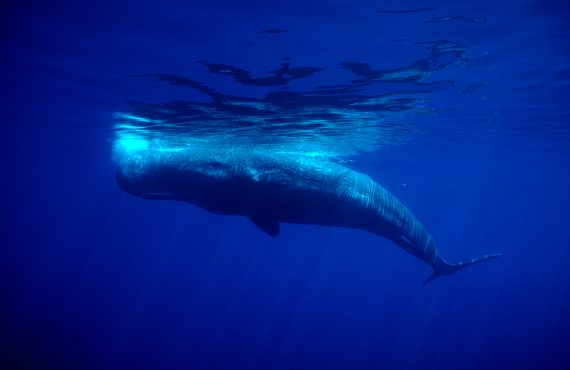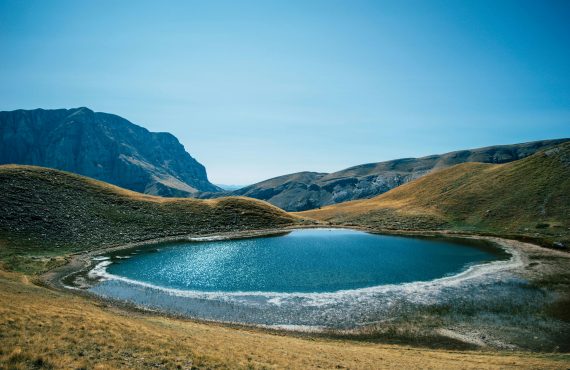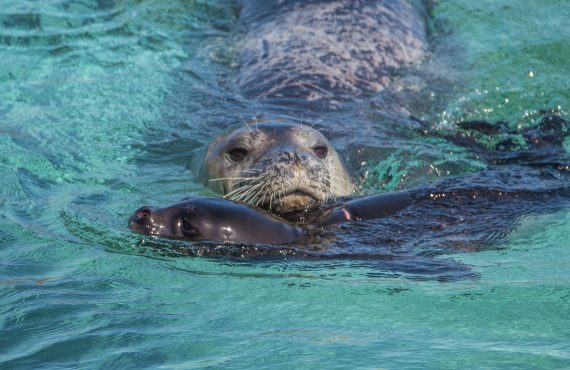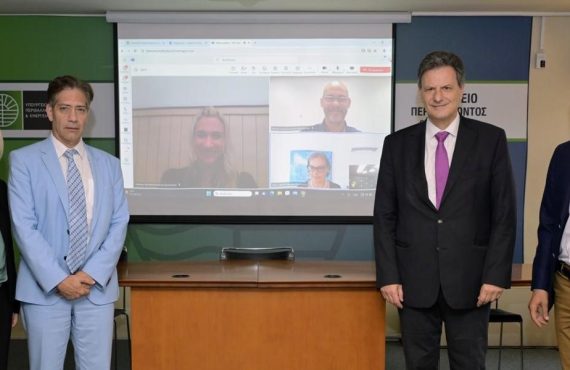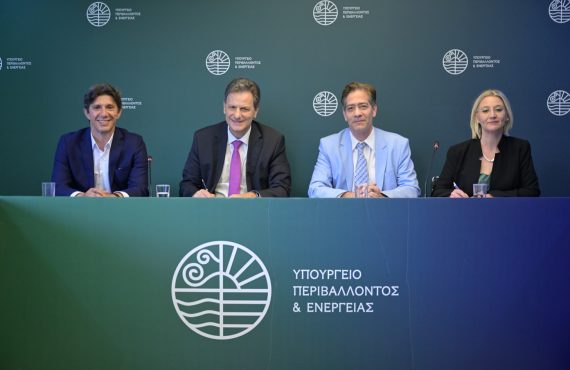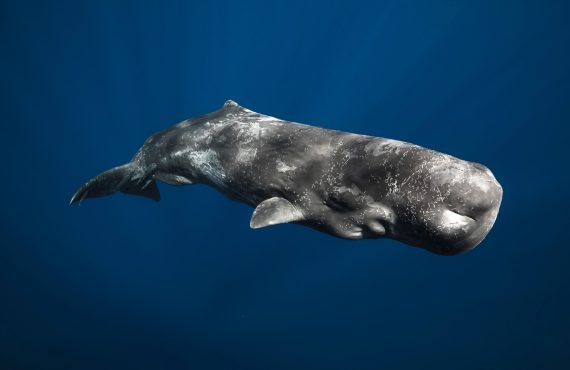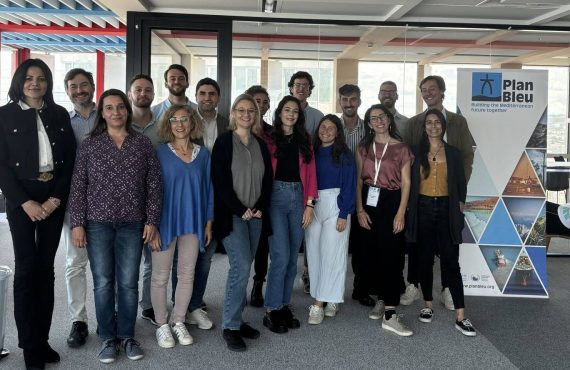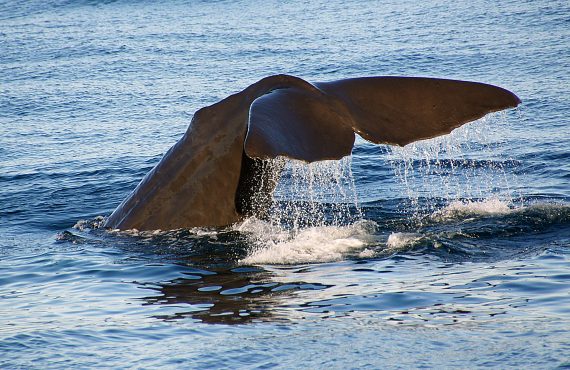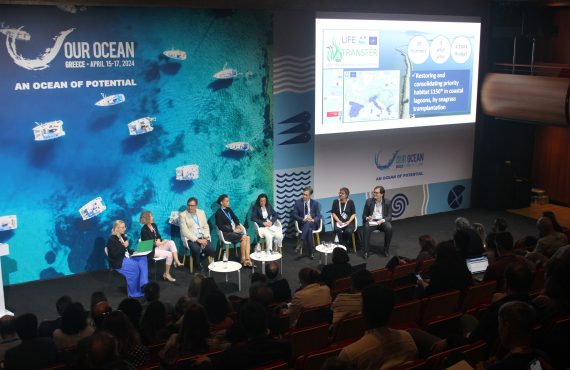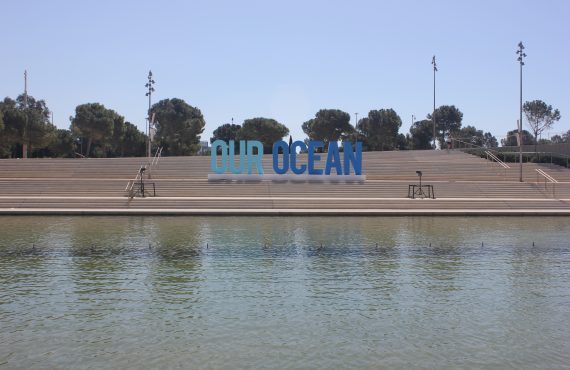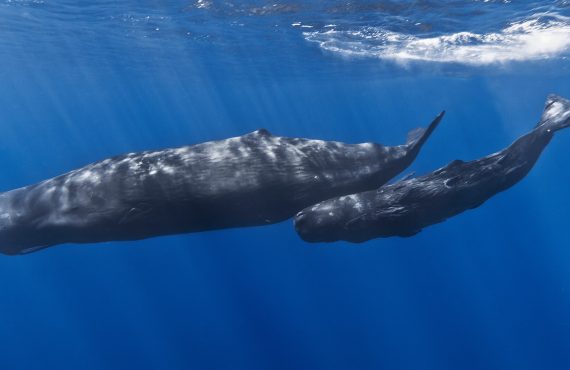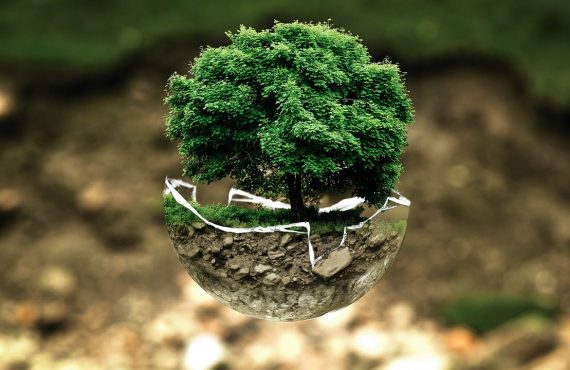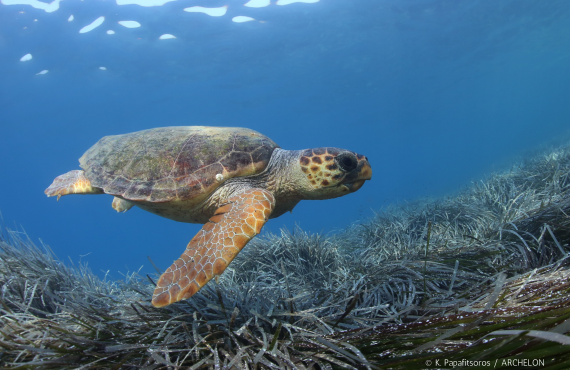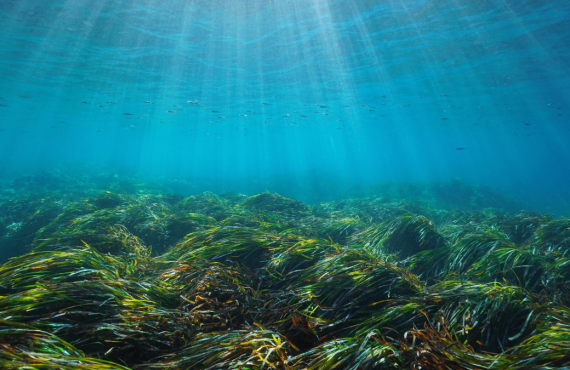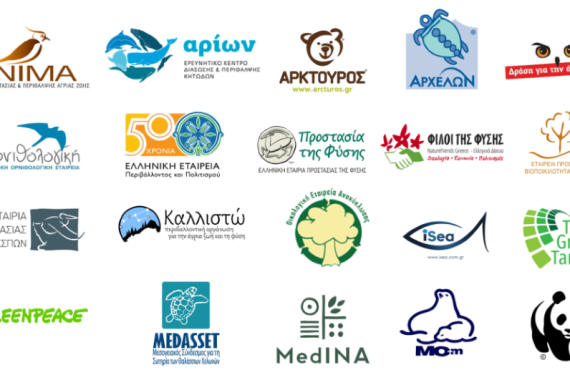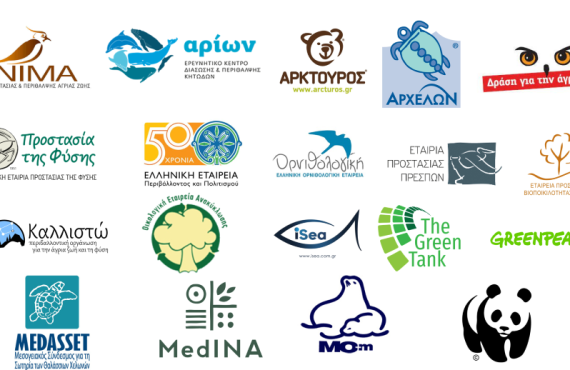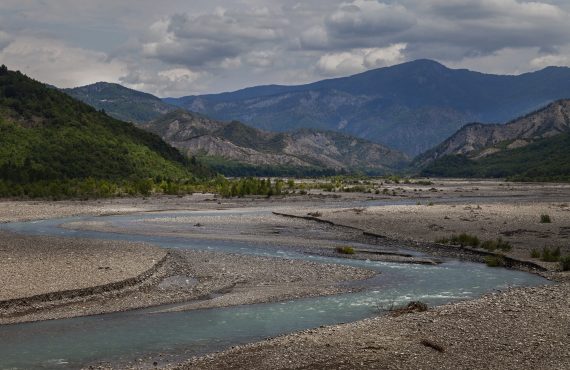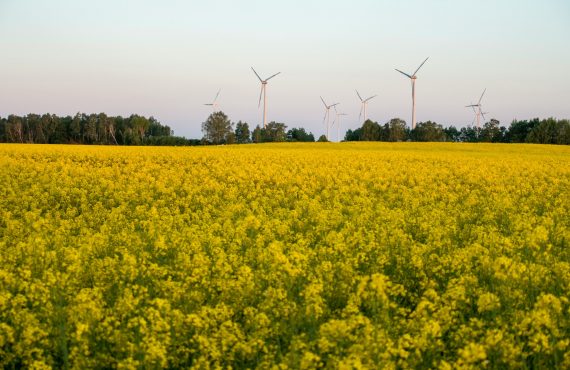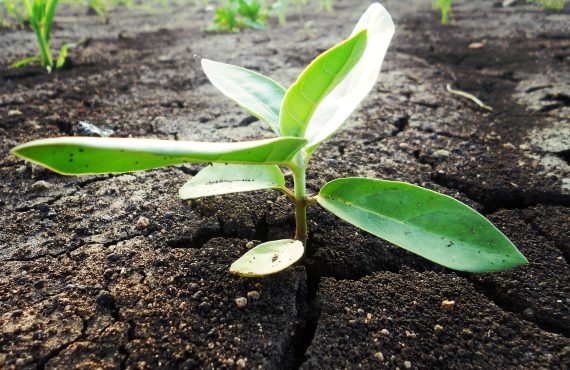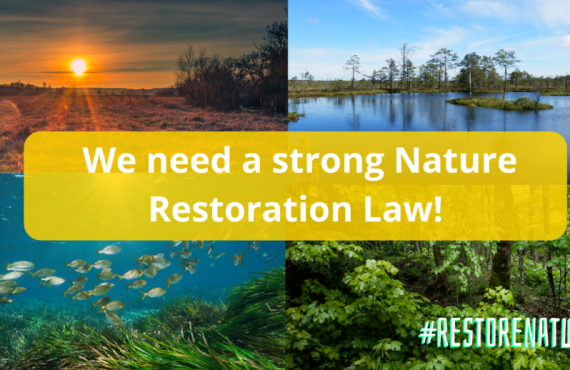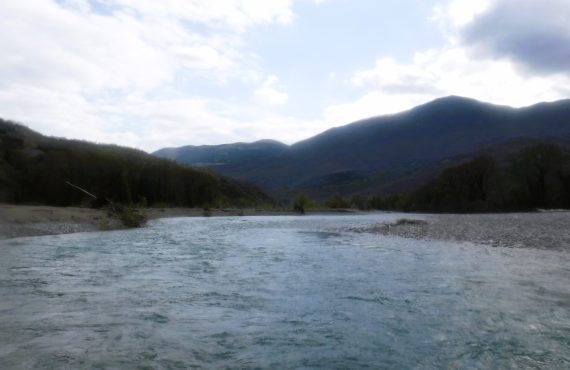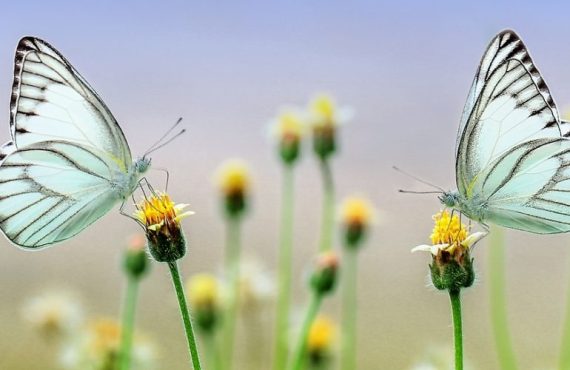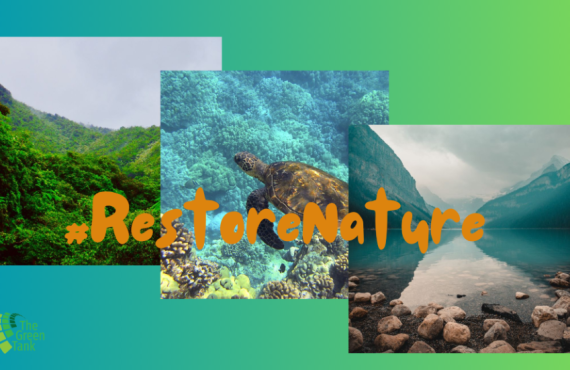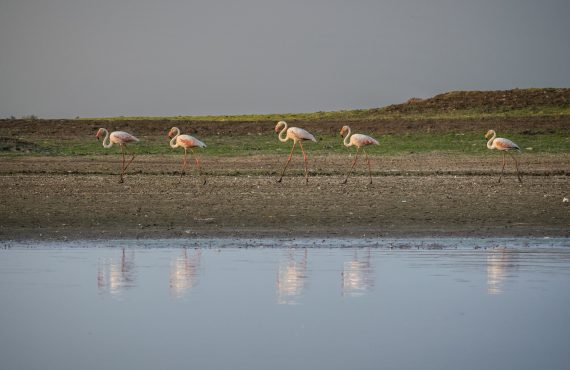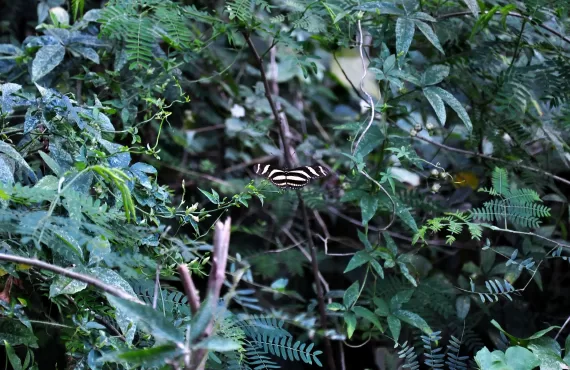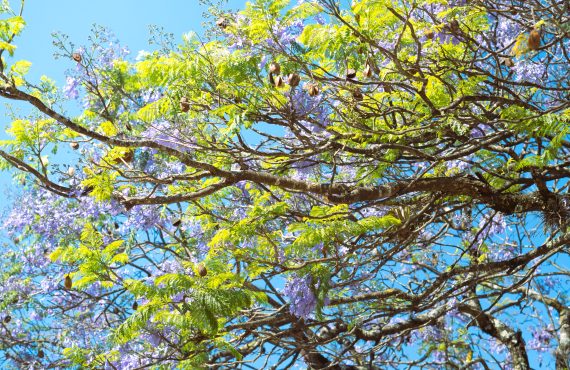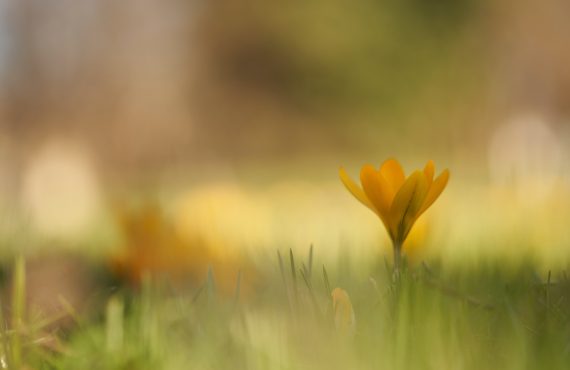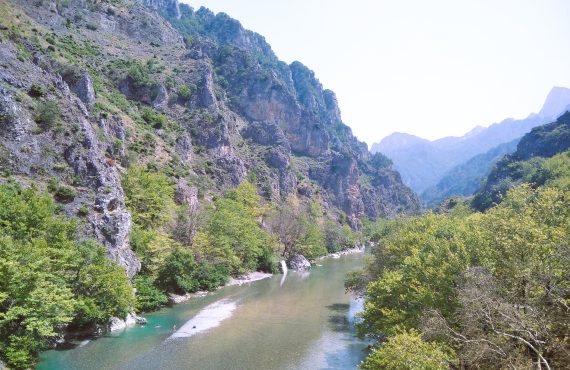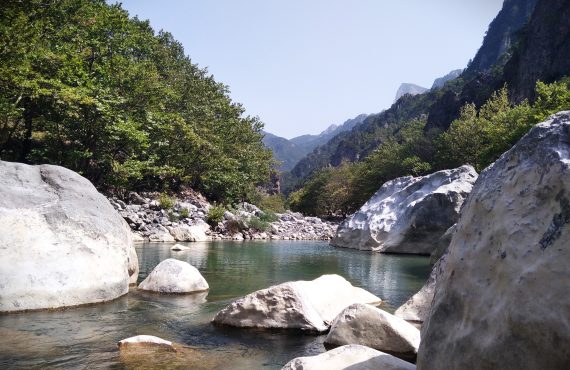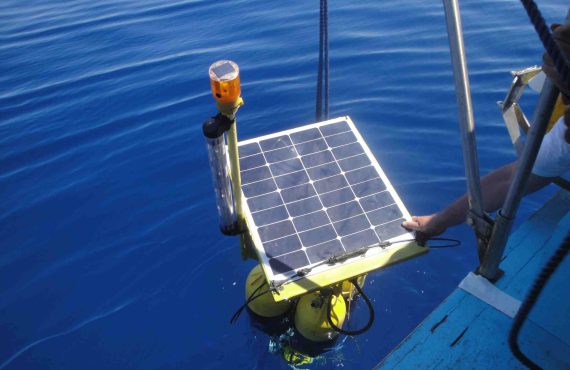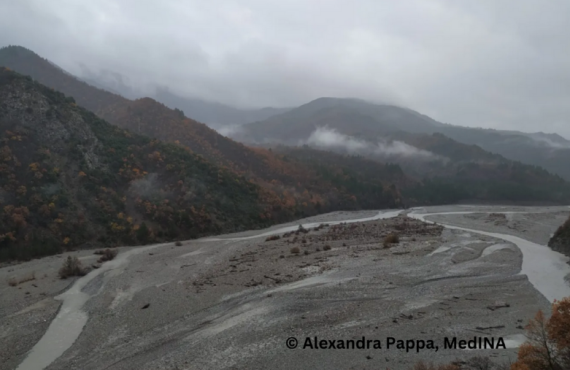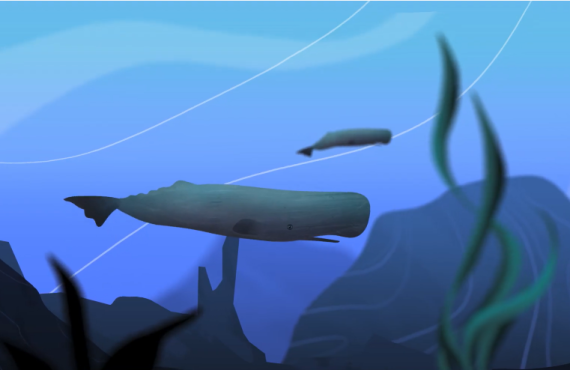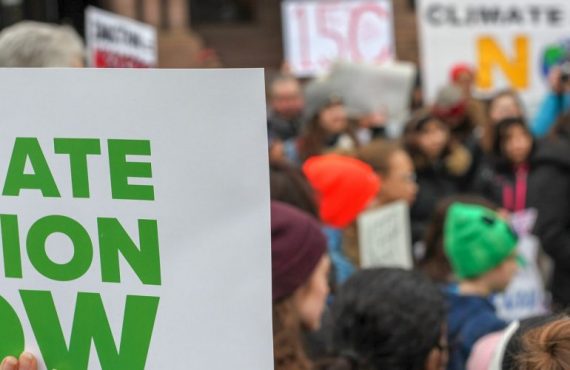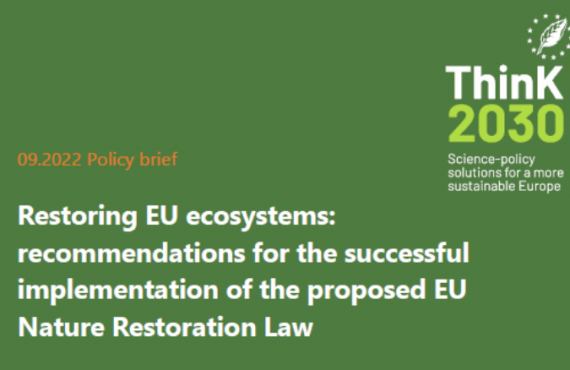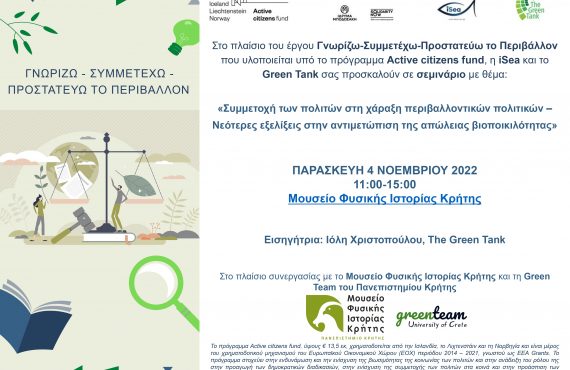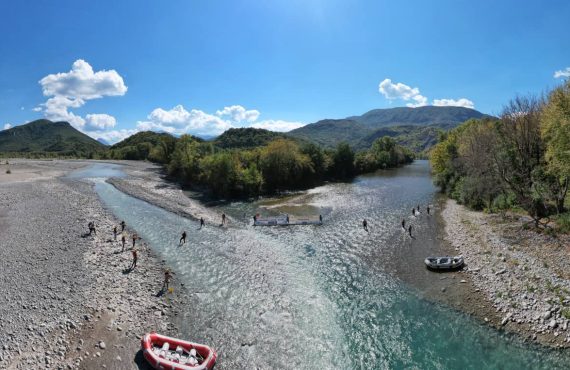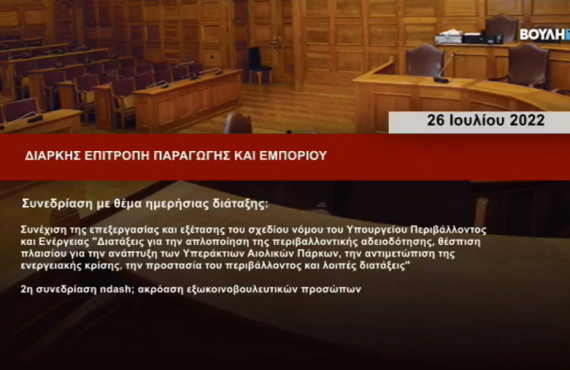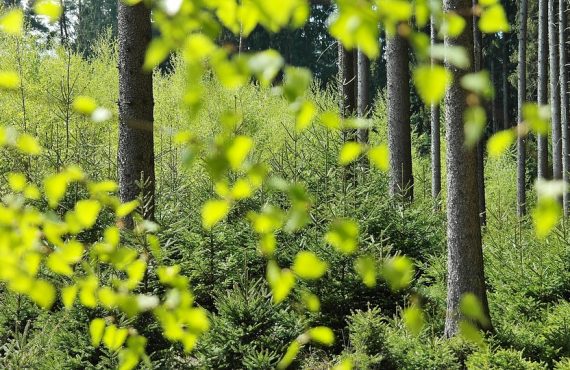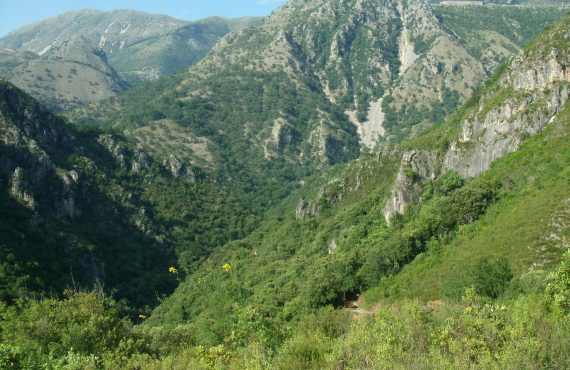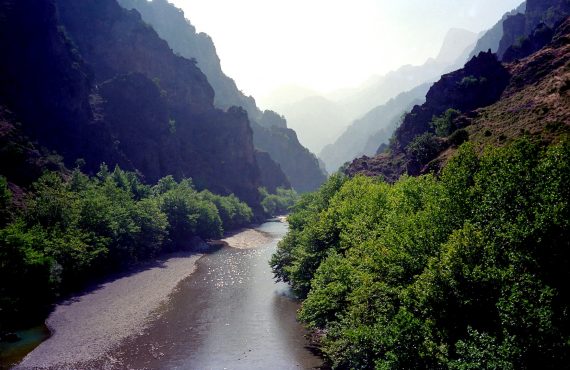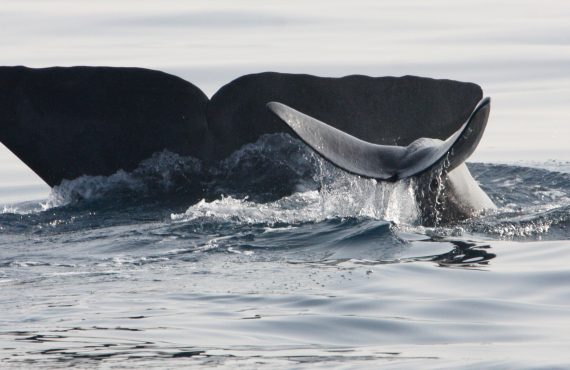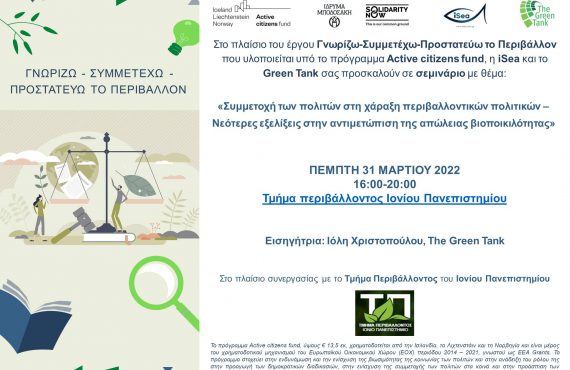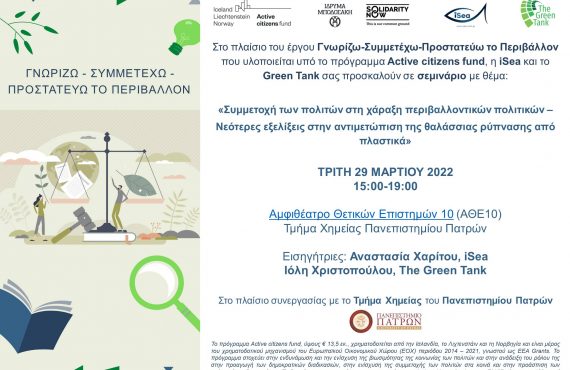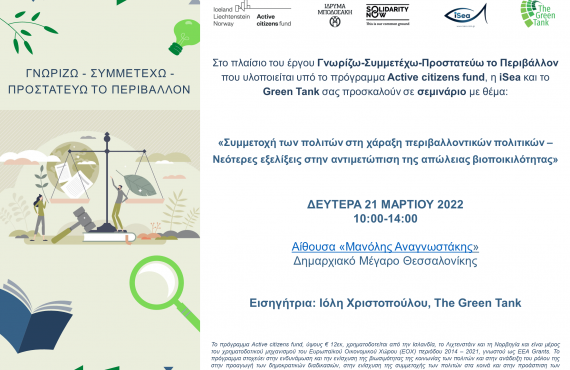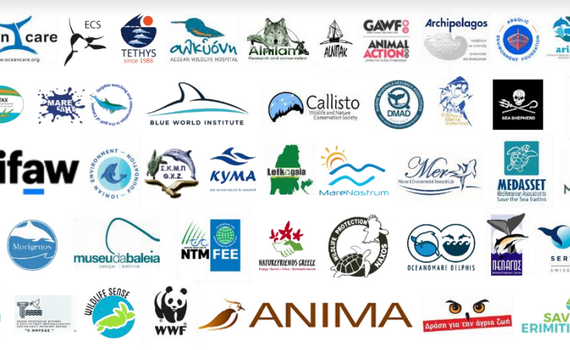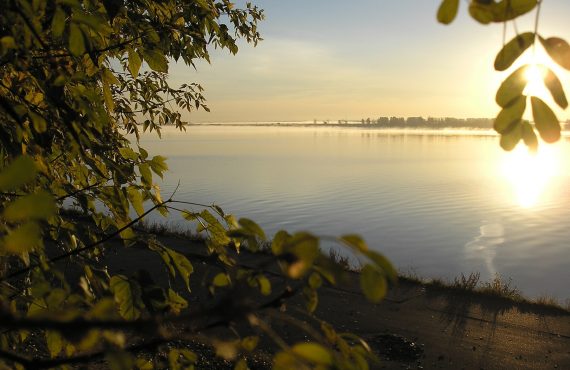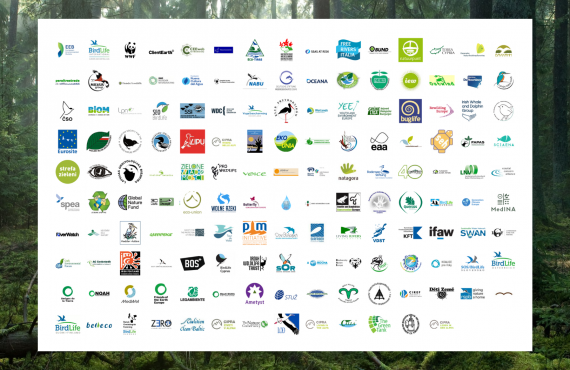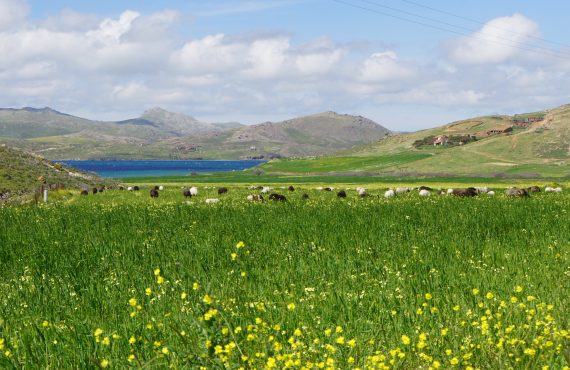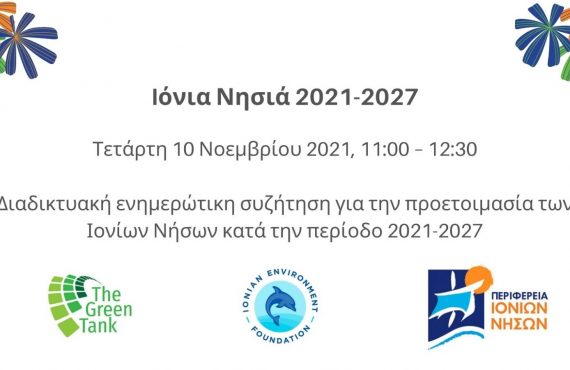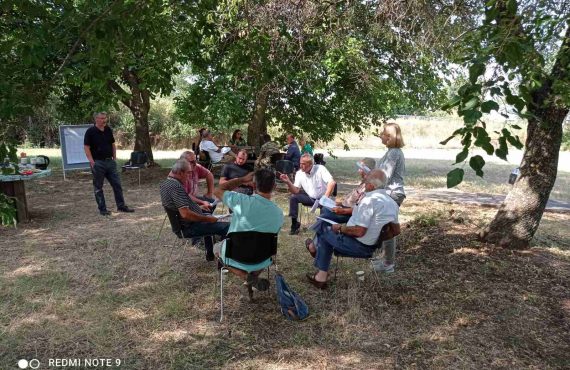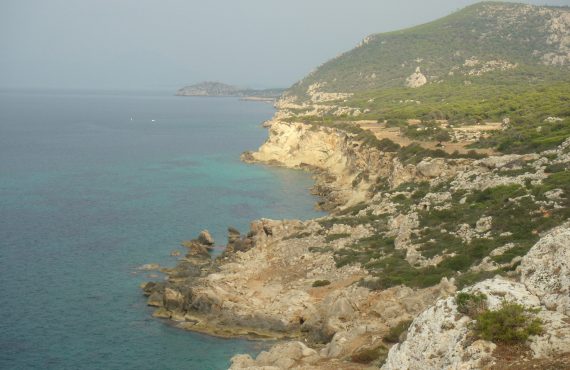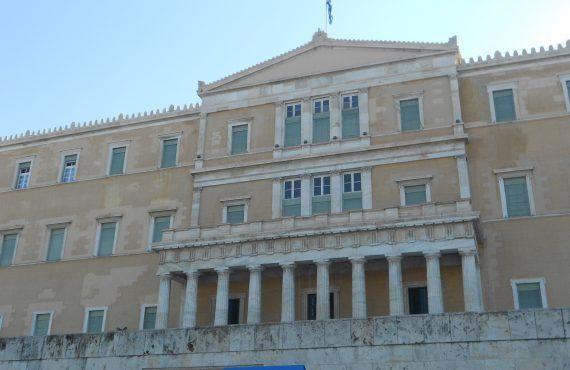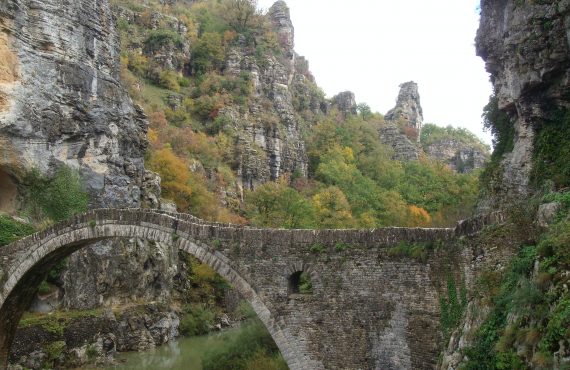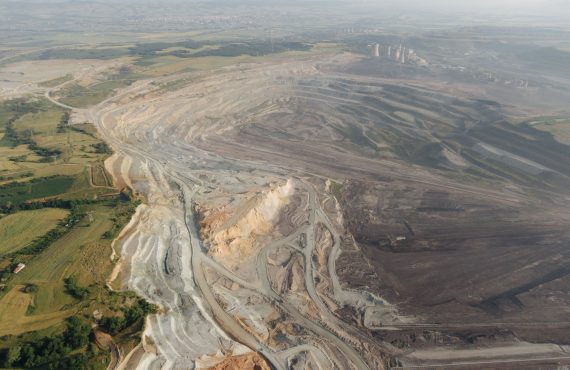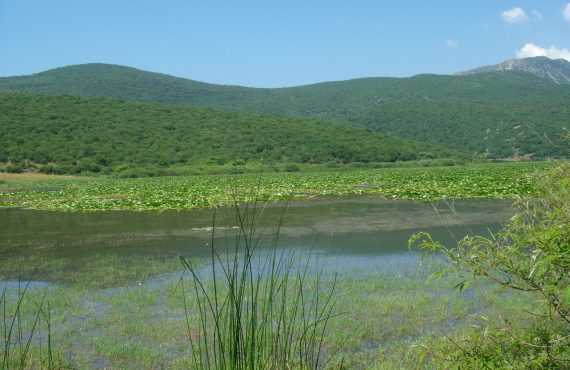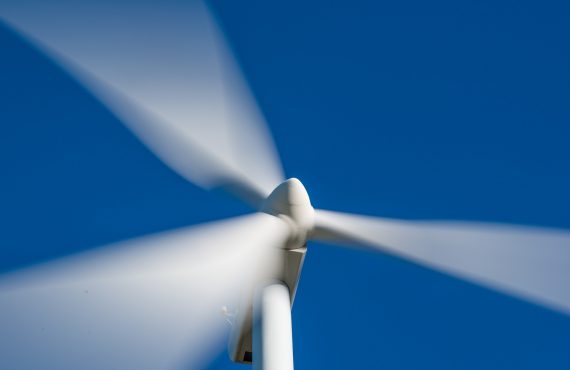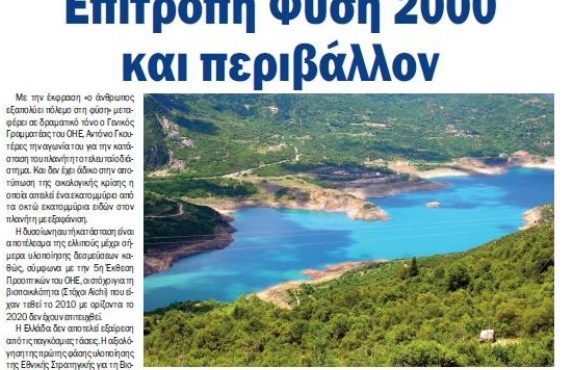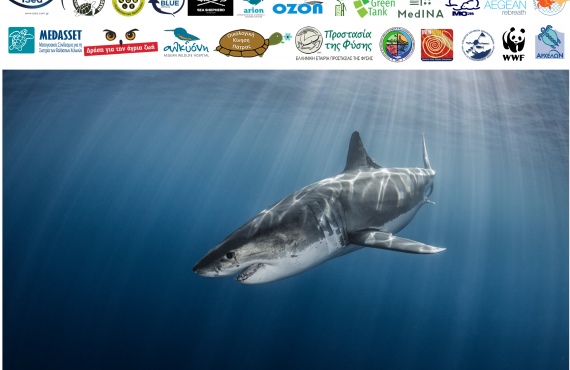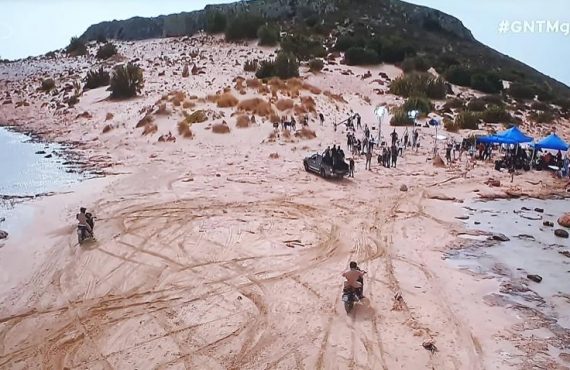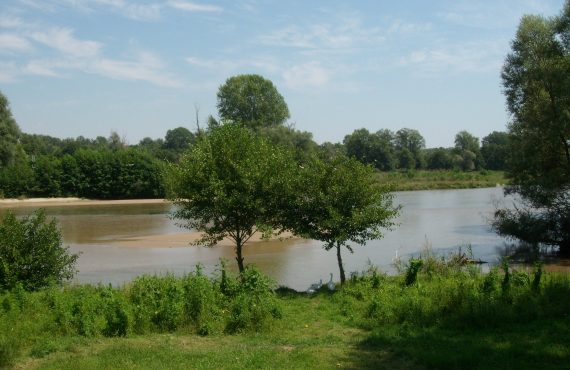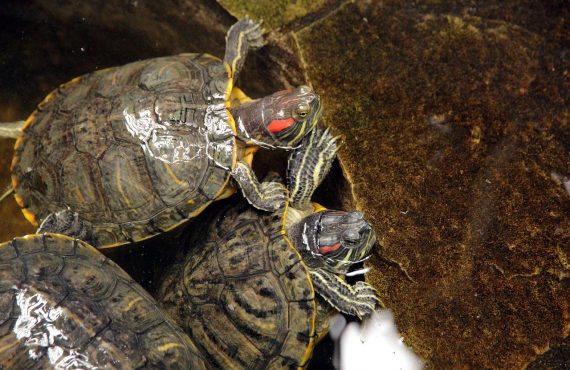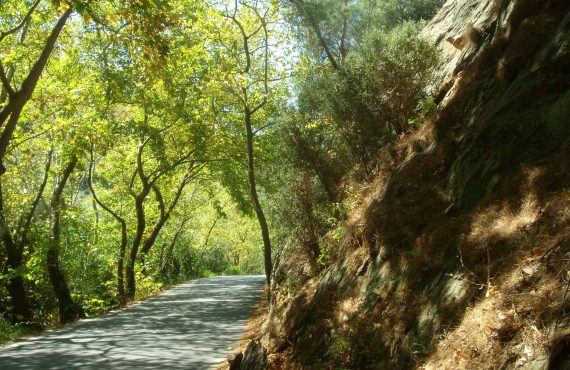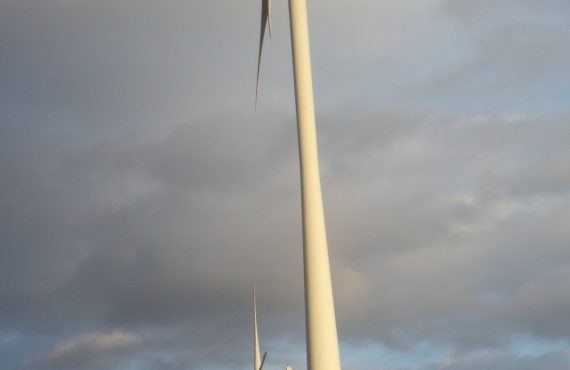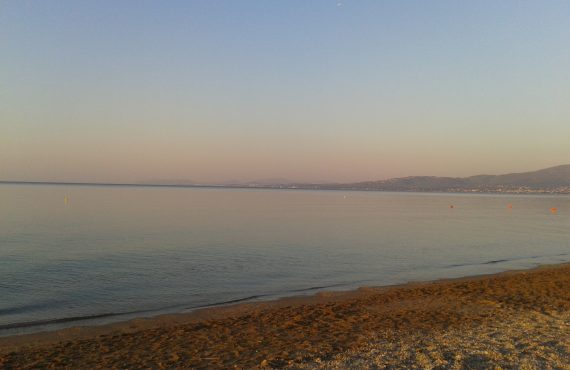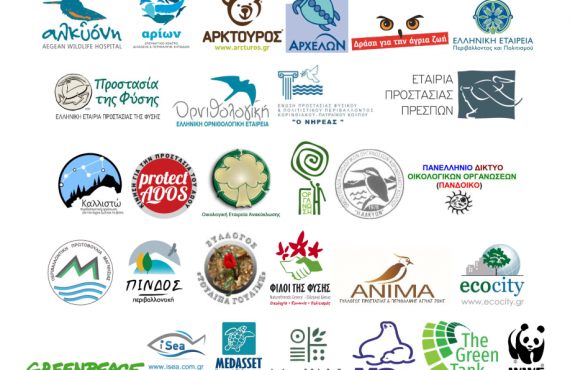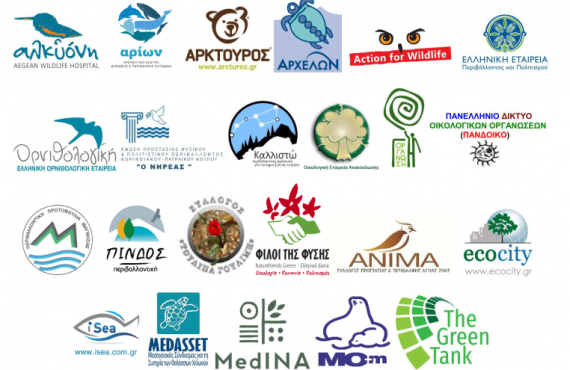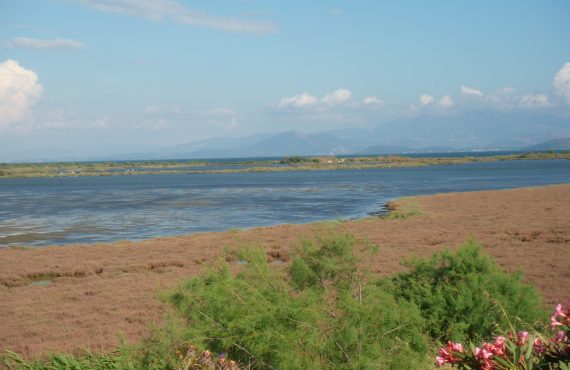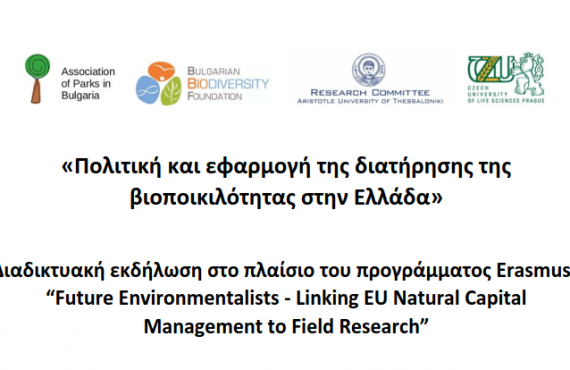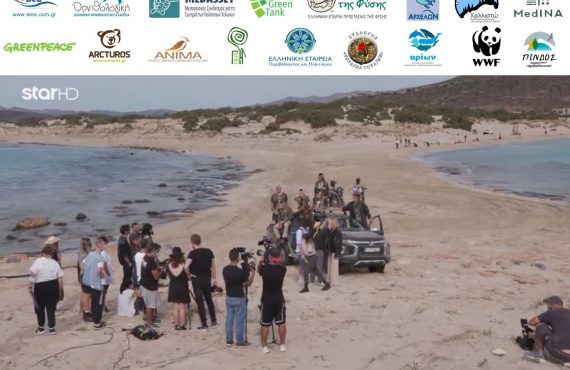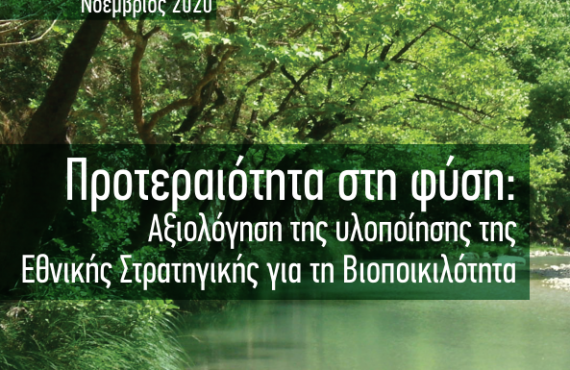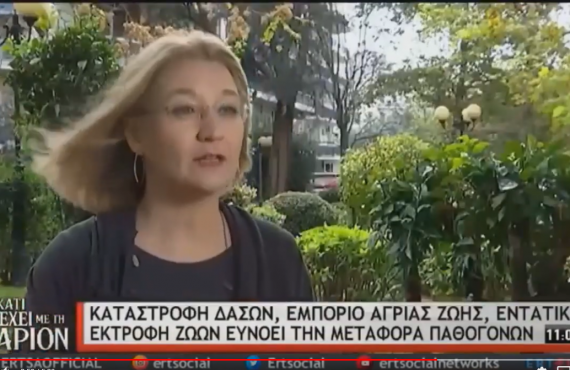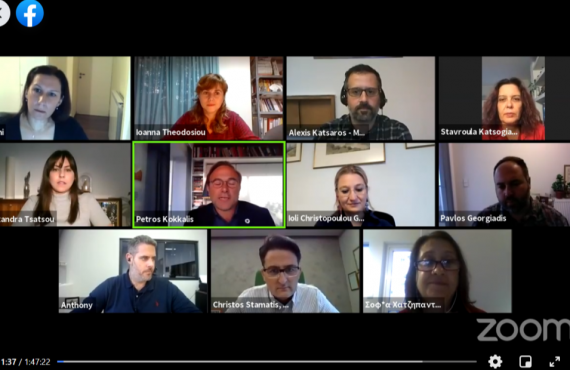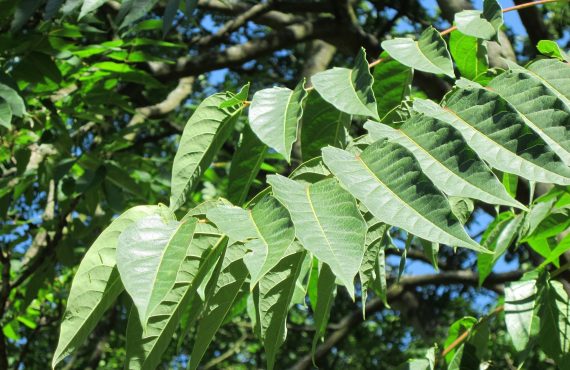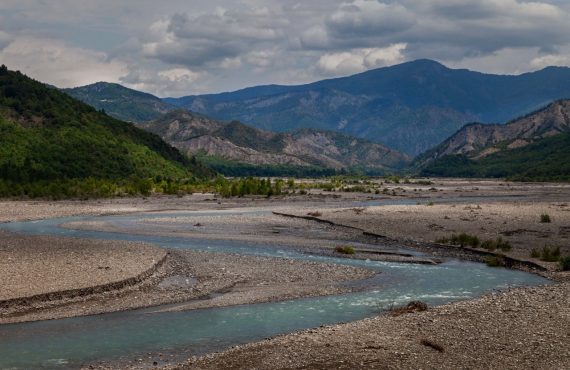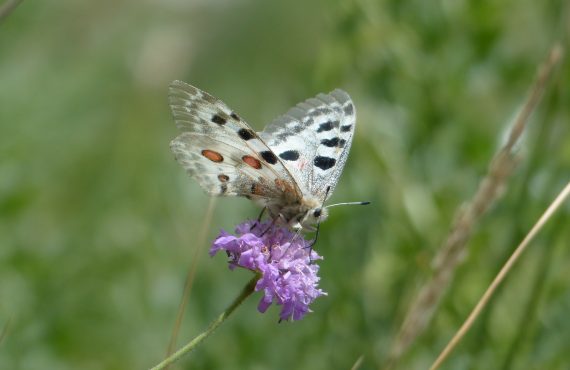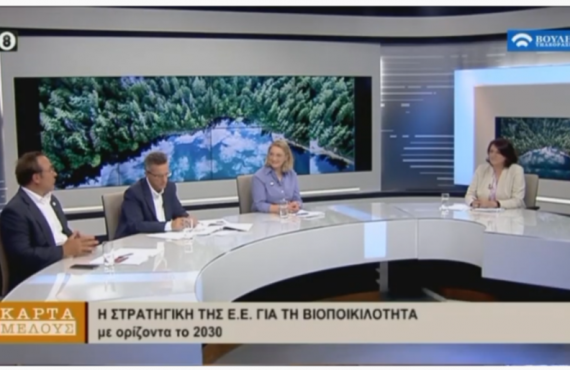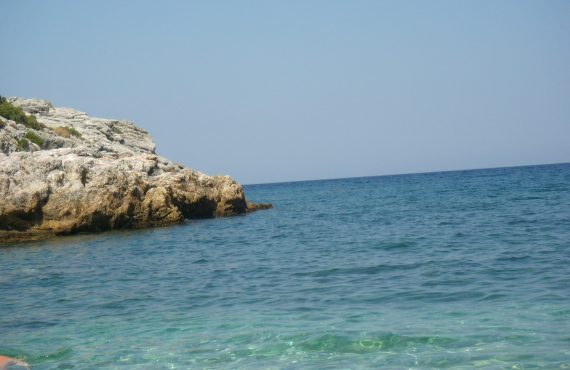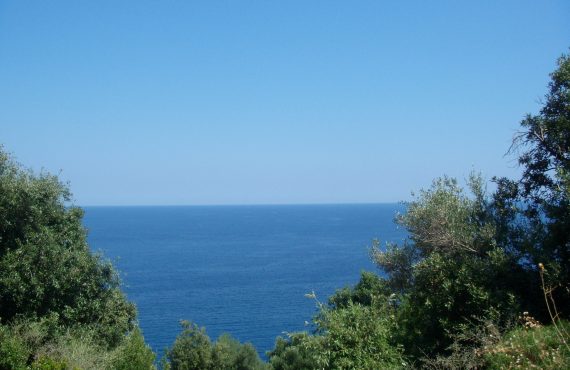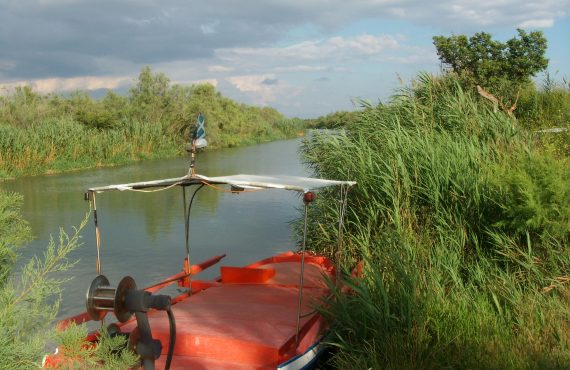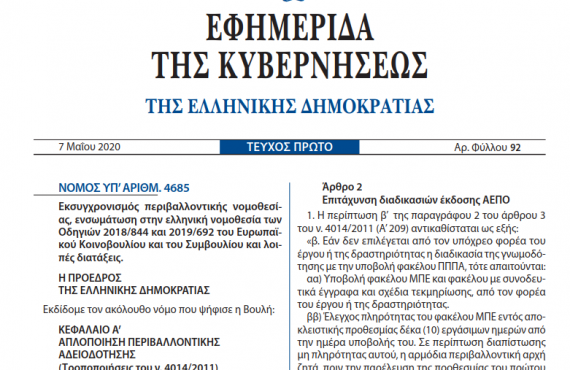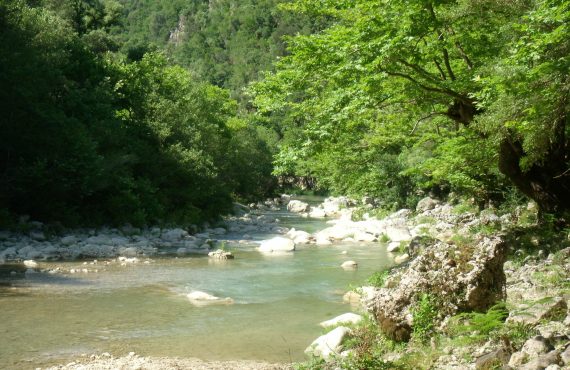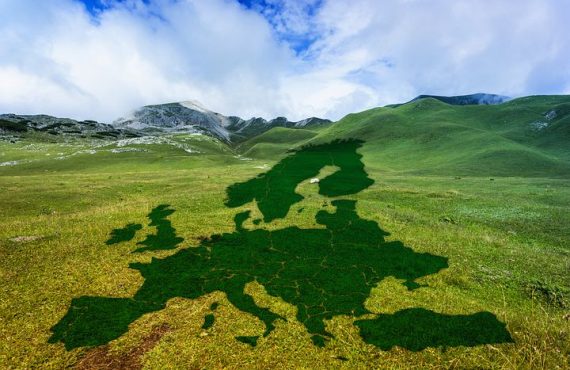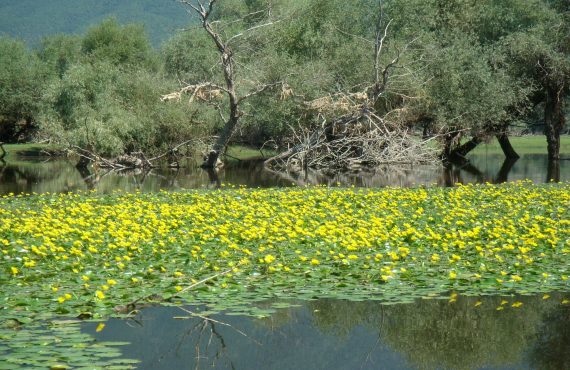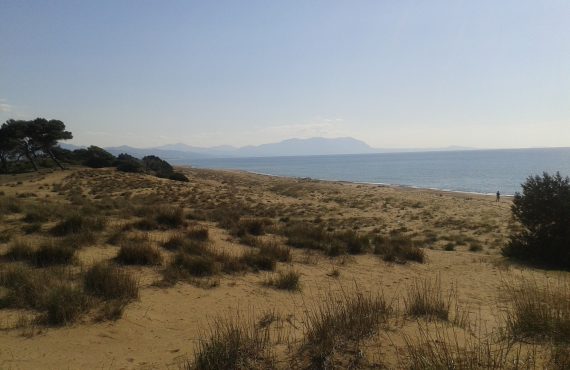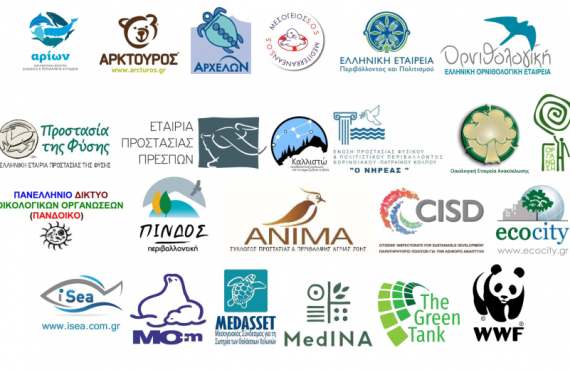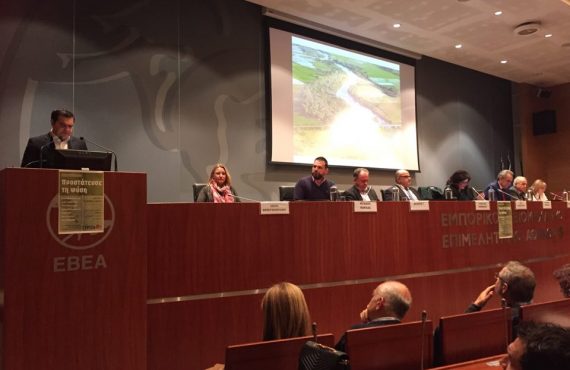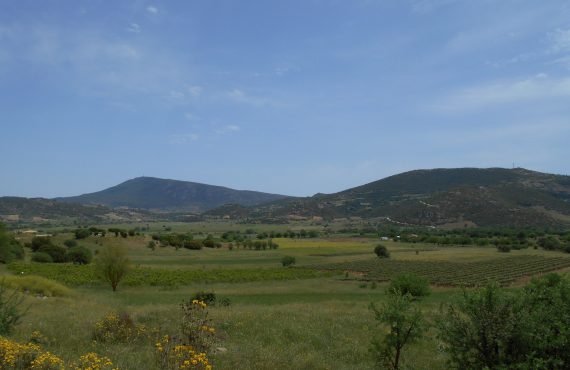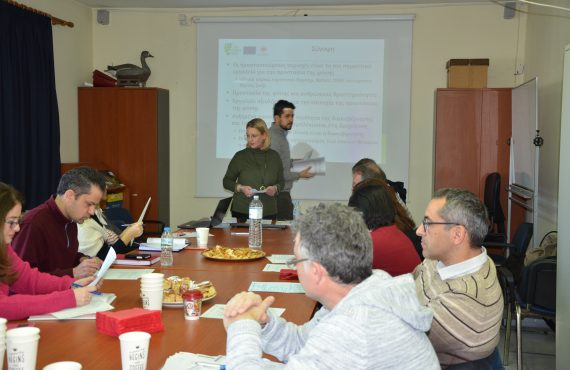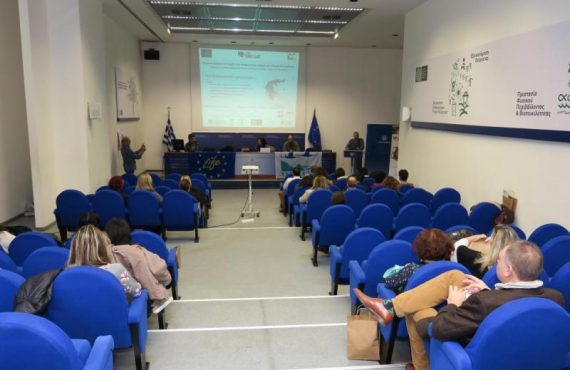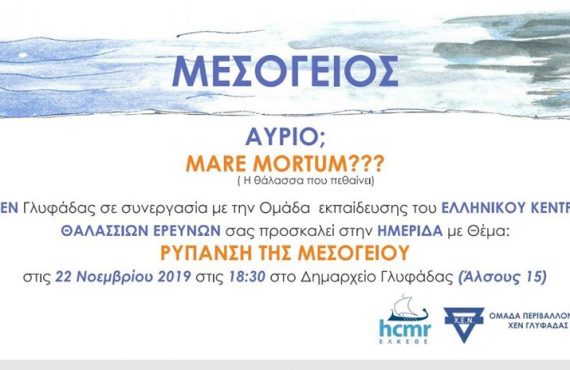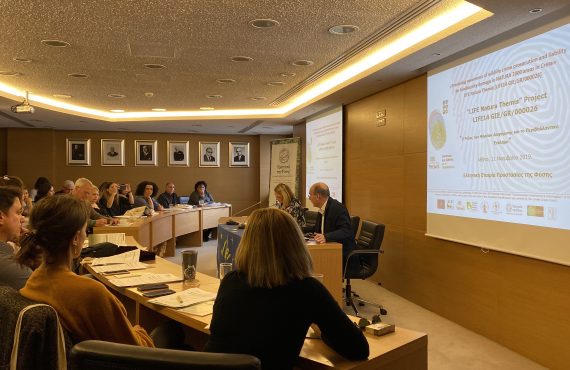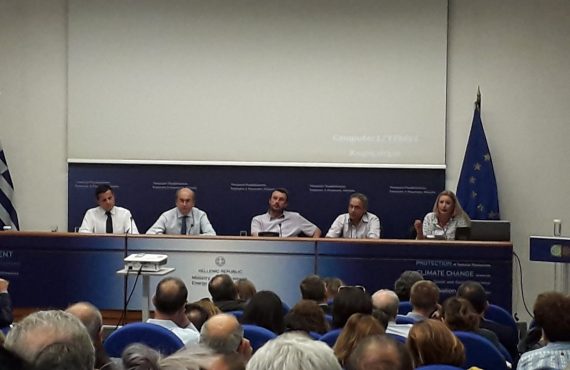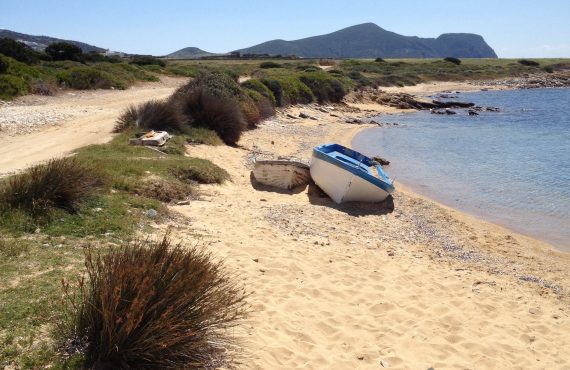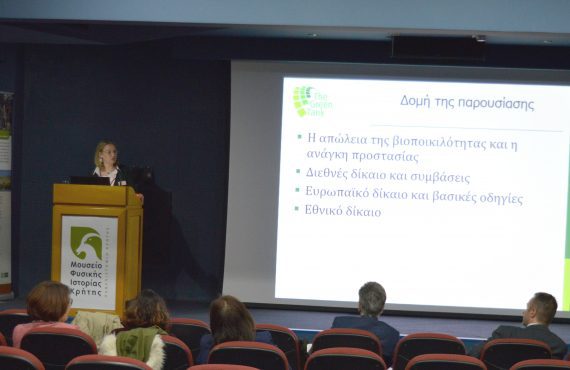Ioli Christopoulou participated in the National Conference on Growth for the New Partnership Agreement 2021-2027, and specifically in the thematic section “Green Investments for a sustainable future – Just Transition Development”, contributing with a presentation titled “Investing in biodiversity for a sustainable future”.
In her contribution, Ioli Christopoulou presented the availability and ways of using resources – European and national – for biodiversity, as well as the new targets set by the new European Biodiversity Strategy for 2030.
Focusing first on developments at the European level, she commented that out of the €86 billion directed to biodiversity actions (8% of the budget) during the 2014-2020 period, the largest share comes from the Common Agricultural Policy and a much smaller one from the funds of the Cohesion Policy. However, as she pointed out, “if we look even more closely at the data, it is clear that the Cohesion Policy funds account for the lowest share for biodiversity per fund”, while most of the resources are directed to actions that contribute only indirectly or partially to biodiversity, including actions such as wastewater management.
However, the new Biodiversity Strategy sets new, more ambitious and measurable targets, not only for nature protection – under which the EU now aims to designate 30% of its territory as protected areas and 10% as strictly protected areas and to create ecological corridors – but also for nature restoration. These include the restoration of 25000 km of rivers as free-flowing, the planting of 3 billion trees and, most importantly, the formulation of a new Nature Restoration Law under which National Nature Restoration Plans will be drafted.
Examining how many resources are needed to implement this new strategy, Ioli Christopoulou referred to estimates of the total needs amounting to €482 billion for the period 2021-2030. Even though planned investments for biodiversity already show a significant upward trend, a significant funding gap is noted when attempting to cover the needs, even if public and private resources are added to European resources.
Referring specifically to Greece, she pointed out that we need to think about how we can make better use of funding opportunities in order not only to meet the needs of the Natura 2000 network and the implementation of other biodiversity policies (e.g. invasive species), where Greece has significant implementation weakenesses, but also to fulfil new commitments we have adopted as a country and the requirements that will be introduced by the preparation and implementation of the National Plan for Nature Restoration.
Ioli Christopoulou concluded her presentation with proposals for the use of nature as a basis for sustainable development; for the creation of a national identity “Nature Greece”; for investments in green natural infrastructure (or nature-based solutions); for combined actions for nature and climate; for strengthening the prevention of natural disasters and civil protection.
Other participants included:
- Emmanouil Grafakos, Secretary General for Waste Management Coordination, Ministry of Environment and Energy
- Pelopidas Kalliris, Governor, Just Transition Fund, Ministry of Development and Investments
- Pantelis Korosiadis, Director, Executive Unit, Ministry for Climate Crisis and Civil Protection
- Spyros Oikonomou, President, Renewable Energy Center
- Anastasios Tosios, Deputy Chief Executive Director and Executive Member of the Board of Directors, EYDAP SA
- Nassos Sofos, European Commission Executive, Directorate General for Regional Policy and Urban Development
The panel discussion was moderated by Konstantinos Vlachos, Special Service for Strategy, Planning and Evaluation, Ministry of Development and Investments
The event was held on June 17, 2022.
Here follows Ioli Christopoulou’s intervention:



